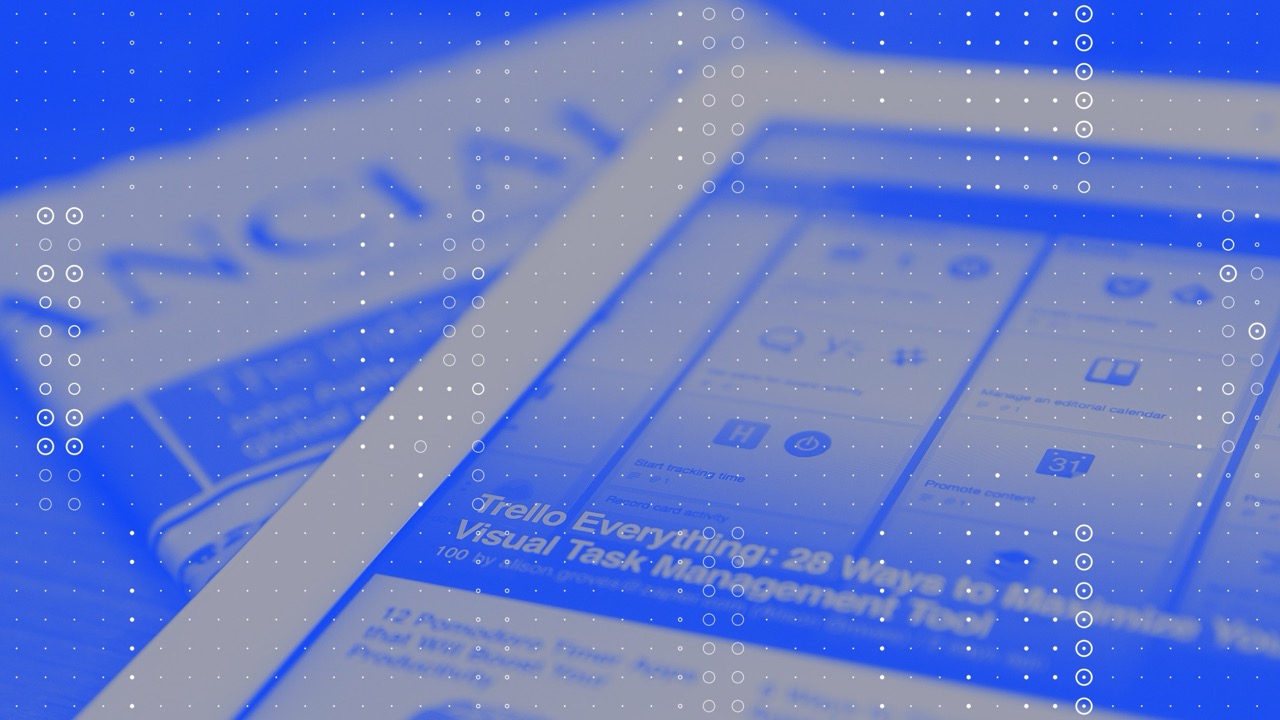


Although clickbait is a ubiquitous tactic in digital media, we challenge the popular belief that clickbait systematically leads to enhanced sharing of online content on social media. Using the Persuasion Knowledge Model, we predict that clickbait tactics may be perceived by some readers as a manipulative attempt, leading to source derogation where the publisher may be perceived as less competent and trustworthy. This, in turn, may reduce some readers’ intention to share content. Using a controlled experiment, we confirm that high-emotional headlines are shared more and show evidence that clickbait often leads to inferences of manipulative intent and source derogation. We then use a well-known secondary data set containing 19,386 articles from 27 leading online publishers. We supplement it with Twitter share data, sentiment analysis, topic modeling, and additional control variables. We confirm that, on average, clickbait articles elicit far fewer shares than non-clickbait articles. Our results are stable, with large effect sizes even after controlling for endogenous selection.